Microsoft improves conflict minerals sourcing as Sony's backslide continues
How are game hardware makers doing when it comes to ensuring their supply chains aren't funding armed conflict and human rights abuses?

I started writing about conflict minerals in video games almost a decade ago, mostly by accident. I saw that Activision Blizzard had made a type of SEC filing I didn't recognize, a Form SD.
Instead of talking about quarterly earnings or changes in beneficial ownership of securities, it was talking about the danger of its breakout hit Skylanders helping to finance armed militias and "conflict characterized by extreme levels of violence."
I wrote a story on it, then started looking into other companies' Form SD filings and found a lot of major players in the industry utterly in the dark about where their suppliers were getting the raw materials used in their consoles and accessories.
Since then, a lot of companies have gotten better about ethically sourcing the minerals used in their products. And then worse. Others never seemed to be any good to begin with.
Last year's report on the subject was one of the more discouraging pieces I've had to write, as virtually every company I looked at was losing ground when it came to ethical sourcing of minerals.
While this year's results are mixed, I'm happy to say there's been a general trend of improvement across the games industry in 2024's crop of Form SDs.
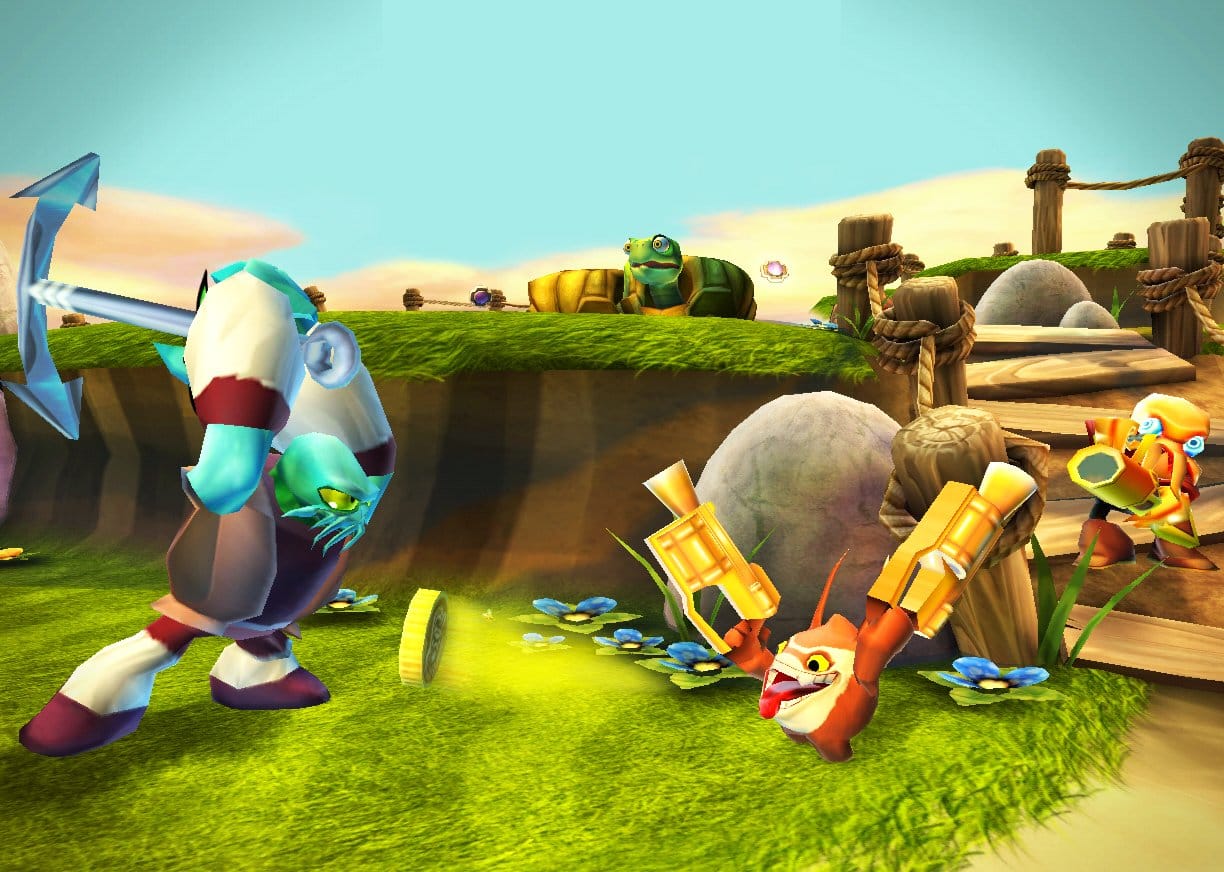
So what's the deal with conflict minerals?
If you're already familiar with conflict minerals and why the ethical sourcing of them is an issue for the games industry, feel free to skip this section. If you're not, here's the condensed version:
Video game hardware requires a variety of materials to create the experiences players enjoy.
Let's say a console maker needs a certain amount of tin to make each system. It would source that tin from various suppliers around the world. But those suppliers generally aren't the people pulling tin out of the ground. They're are getting the tin from smelters or refiners, and there may be multiple steps between those operations and the people actually extracting the tin.
In short, that console maker wouldn't really know where the tin it used was actually coming from, or who their business was benefitting. And that's a problem, because in some cases, these minerals are being mined by forced labor for the benefit of armed militias committing a litany of human rights abuses.
In the early 2000s, the United Nations established that the mining of some of these materials – specifically tin, tantalum, tungsten, and gold, collectively known as 3TGs – was funding armed militias in the Democratic Republic of Congo.
In the US, legislators passed regulations on conflict minerals sourcing, piggybacking it on the Dodd-Frank Wall Street Reform and Consumer Protection Act in 2010.
As part of that law, publicly traded companies in the US using 3TGs from the DRC or its neighboring countries would need to audit their supply chains using independent third-parties and publicly report on their progress in ensuring their business was not funding those human rights abuses.
While Dodd-Frank singled out those four minerals and specific countries in Central Africa, ethical concerns about the sourcing of minerals are neither limited to the DRC and its neighbors, nor to 3TGs. For instance, there have been reports of child labor used in India (mica), Colombia (coal), Afghanistan (coal again), and Bolivia (zinc), as well as in the sourcing of diamonds, cobalt, iron, jade, and talc. But Dodd-Frank didn't impose requirements on other minerals or other regions, so relatively few companies opt to share details on them.
In 2021, the European Union's Conflict Minerals Regulation went into effect, requiring companies importing minerals into the EU to track and report on its supply chain. It's an improvement on Dodd-Frank in that it applies to minerals from anywhere determined by the UN to be a conflict-affected or high-risk area. However, it still only applies to 3TGs and the disclosure requirements are handled by each country individually, with no over-arching template or standards to manage them.
These disclosures and even the conflict-free auditing process they rely on are not perfect solutions to keeping companies from inadvertently funding human rights abuses and armed conflict around the world.
This Foreign Policy article makes a number of compelling points about conflict minerals regulation, about how companies treating Dodd-Frank as a de facto embargo caused economic damage to the region, about how the administrative costs for compliance are largely borne by the miners and communities the laws were meant to protect, and about how those compliance measures can be side-stepped in numerous ways.
But we can't go back to ignoring the problem. And these laws at least provide a starting point, a bare minimum push for companies to understand and take some responsibility for what their money goes toward.
Previously, on conflict minerals reporting...
The first Dodd-Frank disclosures were made in 2014, and in the early years of reporting, the results were frequently appalling, with companies demonstrating a poor grasp of their own business.
Sony's first conflict minerals disclosure said that a number of its suppliers had simply ignored its inquiries about the supply chain, and based just on the ones that did reply, fewer than 14% of the smelters and refiners confirmed to be in Sony's supply chain had passed an audit to certify them as "conflict-free."
Sony gradually got better, though it was always a few steps behind companies who took the issue more seriously like Apple, which set the bar for supply chain visibility and ruthlessly ejected smelters or refiners that were unable to pass an audit to confirm their conflict-free status.
For the most part, these numbers trended upward over the years, and by 2019, Apple, Microsoft, Facebook, and Google all had nearly perfect visibility into their supply chains, with just one or two smelters/refiners (out of hundreds) not having passed a third-party audit or having otherwise been confirmed to not be sourcing from the countries specified in Dodd-Frank.
Unfortunately, standards started to slip after that peak. The pandemic certainly didn't help, as even companies that maintained their usual performance (like Apple) noted an inability to make in-person visits to their supply chain partners as much as they would have liked.
But even after worldwide travel restrictions had largely lifted, numbers continued to drop. Just three years after establishing an almost fully audited supply chain, Microsoft reported that only 65% of the 342 smelters and refiners in its chain had passed an audit, with dozens non-conformant and a handful on top of that having "strongly communicated a lack of interest" in taking an audit.
Perhaps most worryingly, Microsoft omitted a line from its annual disclosure last year that had been in each of the disclosures since 2019: "Microsoft found no reasonable basis for concluding that any 3TG Smelter or Refiner ('SOR') that was identified in Microsoft Devices supply chain... sourced 3TGs in a manner that directly or indirectly financed or benefitted armed groups in a Covered Country."
I checked with Microsoft to ask if they found evidence they financed armed militias in and around the DRC and give the company a chance to explain away the line's absence, but a spokesperson only replied that the company had "nothing to share" beyond the report as it was filed.
I singled it out in last year's report because its drop was so precipitous, but Microsoft was far from the only company showing regression in its efforts to ethically source its minerals.
GameStop also deserves a dishonorable mention for last year's disclosure that "all but 31" of its smelters and refiners had been certified conflict-free.
GameStop only had 50 smelters and refiners in its supply chain in total, but I suppose saying "all but most of our supply chain is clean" is significantly less impressive.
Across the industry, last year's disclosures were largely concerning. Even Apple had to kick out an above-average number of smelters or refiners from its supply chain in order to retain its 100% rate of smelters and refiners who are conflict-free, or at least in the auditing process.
Of the 10 companies I looked at, only one showed tangible improvement.
Fortunately, this year's disclosures were better for a number of companies, so let's go through them one-by-one.
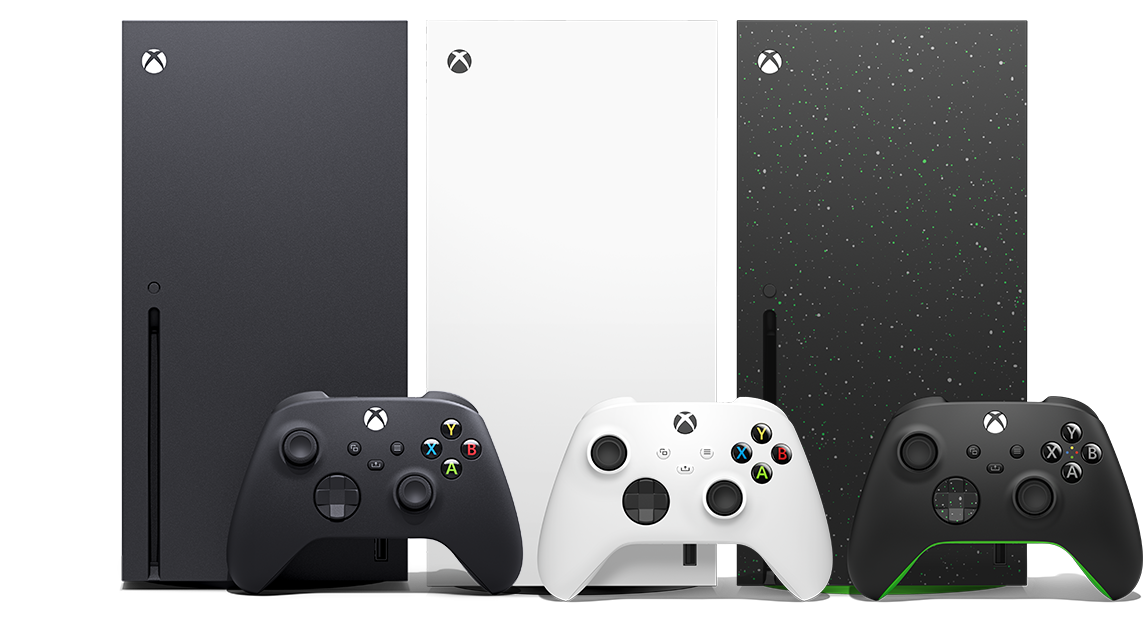
Microsoft
Let's start with the big one, because it saw the return of a line that was conspicuously absent from last year's filing.
"Microsoft found no reasonable basis for concluding that any 3TG Smelter or Refiner that was identified in the Microsoft Devices supply chain for the 2023 Reporting Year sourced 3TGs in a manner that directly or indirectly financed or benefitted armed groups in a Covered Country."
That line's return wasn't the only encouraging sign in Microsoft's disclosure, as the company also reported that the percentage of smelters and refiners that had passed an audit jumped from 65% to 87%.
When you account for ones actively in the middle of an audit or those deemed not relevant to 3TG sourcing issues, that still left almost 20 smelters or refiners who failed their audit, didn't renew their certification, or otherwise needed Microsoft to light a fire under them.
It's not perfect, but it's a big step in the right direction for the Xbox and Surface maker after years of backsliding.
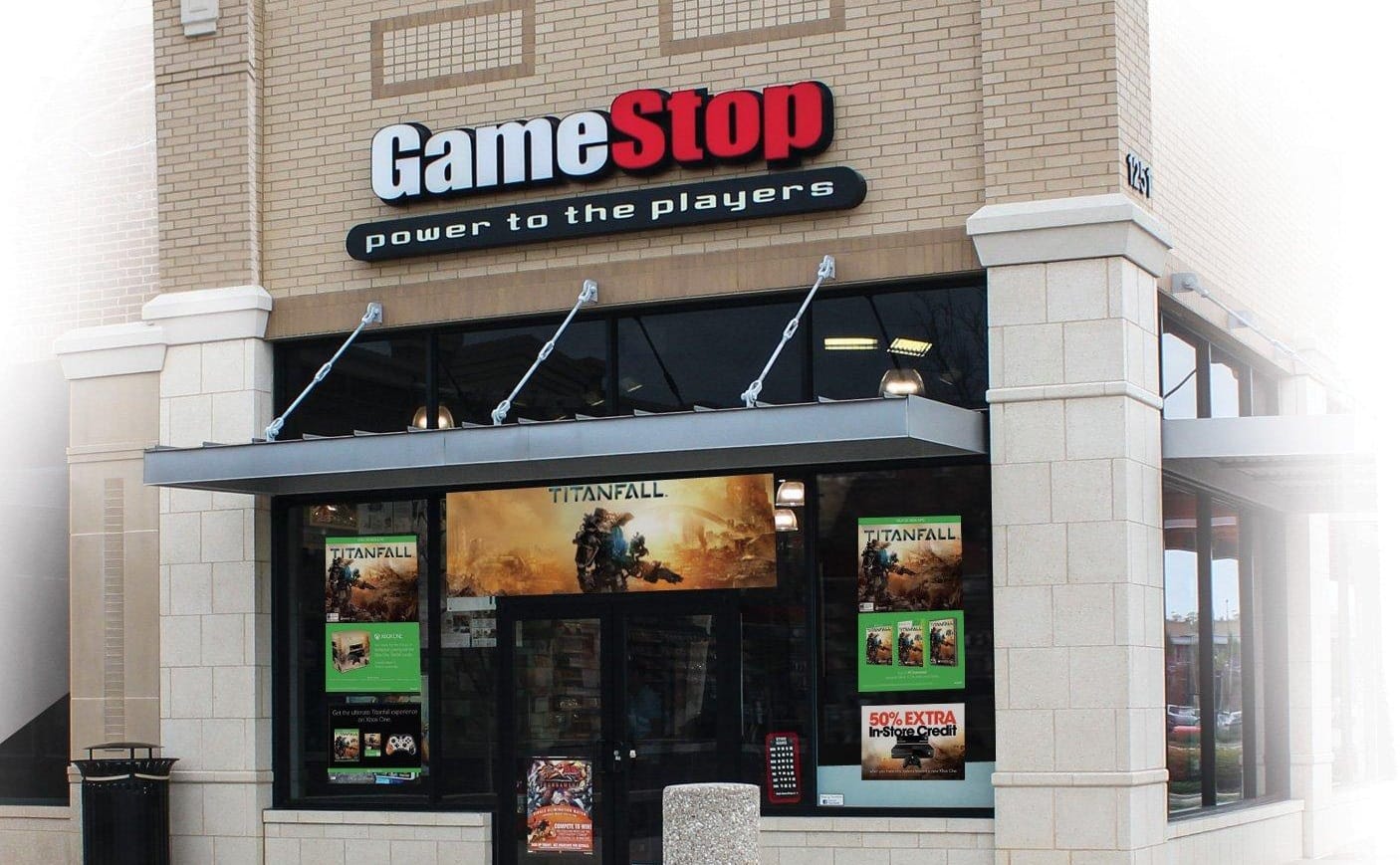
GameStop
Did last year's other shameful underperformer GameStop get any better?
Well... possibly.
This year, it had 23 suppliers for products potentially containing 3TGs, and all of them responded to the company's survey regarding its use and sourcing of the minerals.
GameStop found 205 smelters and refiners in its supply chain (compared to 50 the year before), and every one of them was confirmed conflict-free (compared to just 19 earning a thumbs-up the year before).
So that seems good, right?
The catch here is in a line that GameStop included in both years' disclosures: "Not all of our suppliers, however, identified the sources for their raw materials."
It did not say in either year how many suppliers neglected to provide the information which was basically the entire point of the survey, or provide any explanation as to why that wouldn't be concerning.
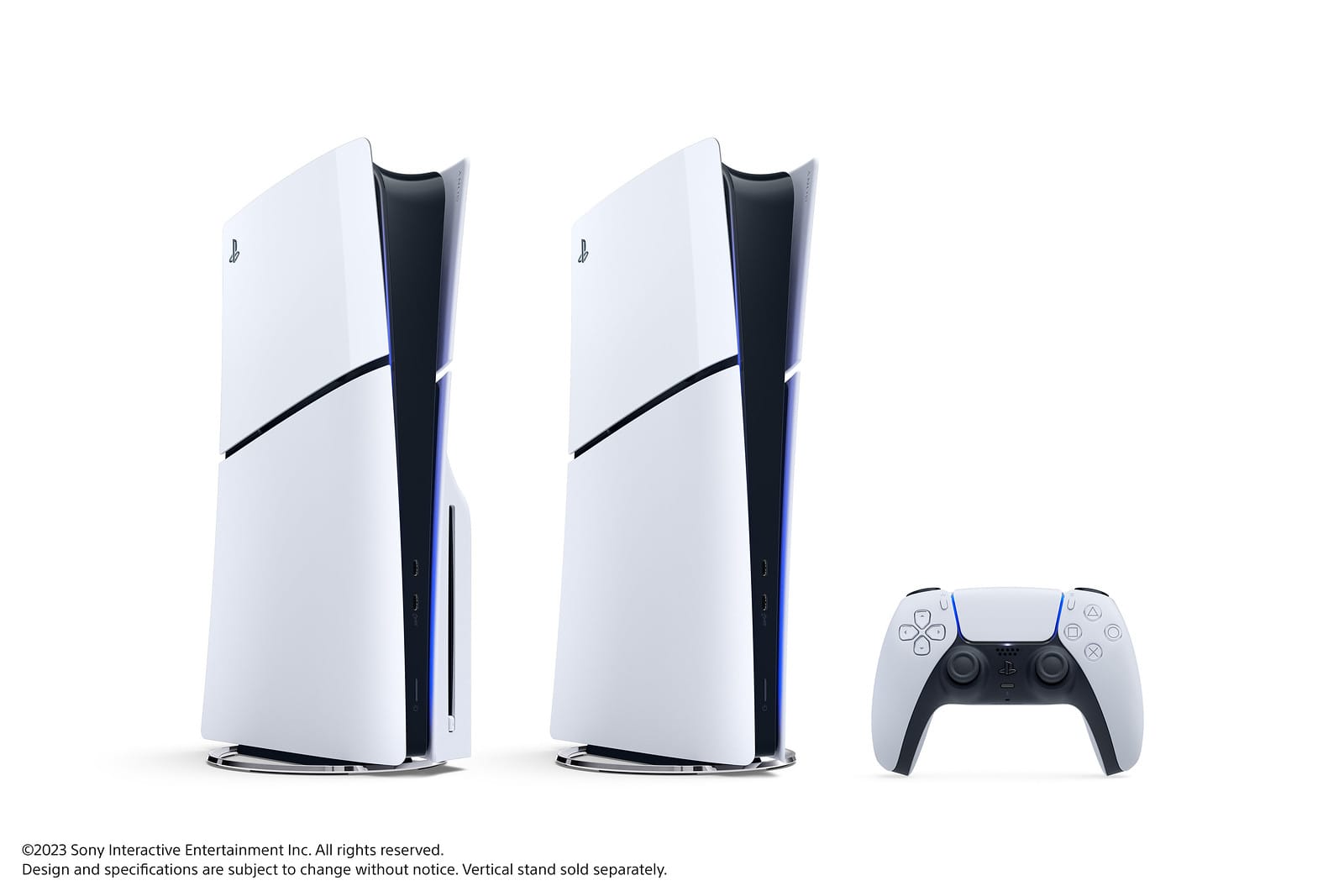
Sony
After another year of declines, the percentage of Sony's 3TG supply chain certified as conflict-free is the lowest it has been since 2014, the first year disclosures were mandated.
Only 69% of the 345 smelters or refiners Sony identified in its supply chain for 2023 had based an audit or were otherwise determined conformant with conflict-free standards. That's down from 73% the year before, 75% the year before that, and results in the low 80s for years prior to that.
This is actually still better in some ways than many of Sony's earlier results. Before 2021, it couldn't even get all of its suppliers to answer its inquiries about the supply chain, so even if it had 80% or more of its known smelters and refiners certified as conflict-free, there was room for a whole lot of unknown smelters and refiners that might have been anything but.
One place where Sony does deserve some credit is in transparency about aspects of its supply chain beyond 3TGs.
The company's annual Sustainability Report includes information on its supply chain for cobalt, which is needed for lithium-ion batteries used in Sony products. Sony surveyed its battery suppliers and found 22 cobalt refineries in its supply chain for the year, all of which are either conformant with conflict-free standards or in the auditing process. Last year it was similarly up-to-par with 23 cobalt refineries identified.
It also conducted assessments for more than 400 suppliers and found 75 of them "to be in minor violation" of Sony's supply chain code of conduct, with the company stepping in to correct its partners for abuses like excessive overtime, confiscating the passports of foreign workers, not providing protective equipment for people working with volatile compounds, and a lack of fire alarms.
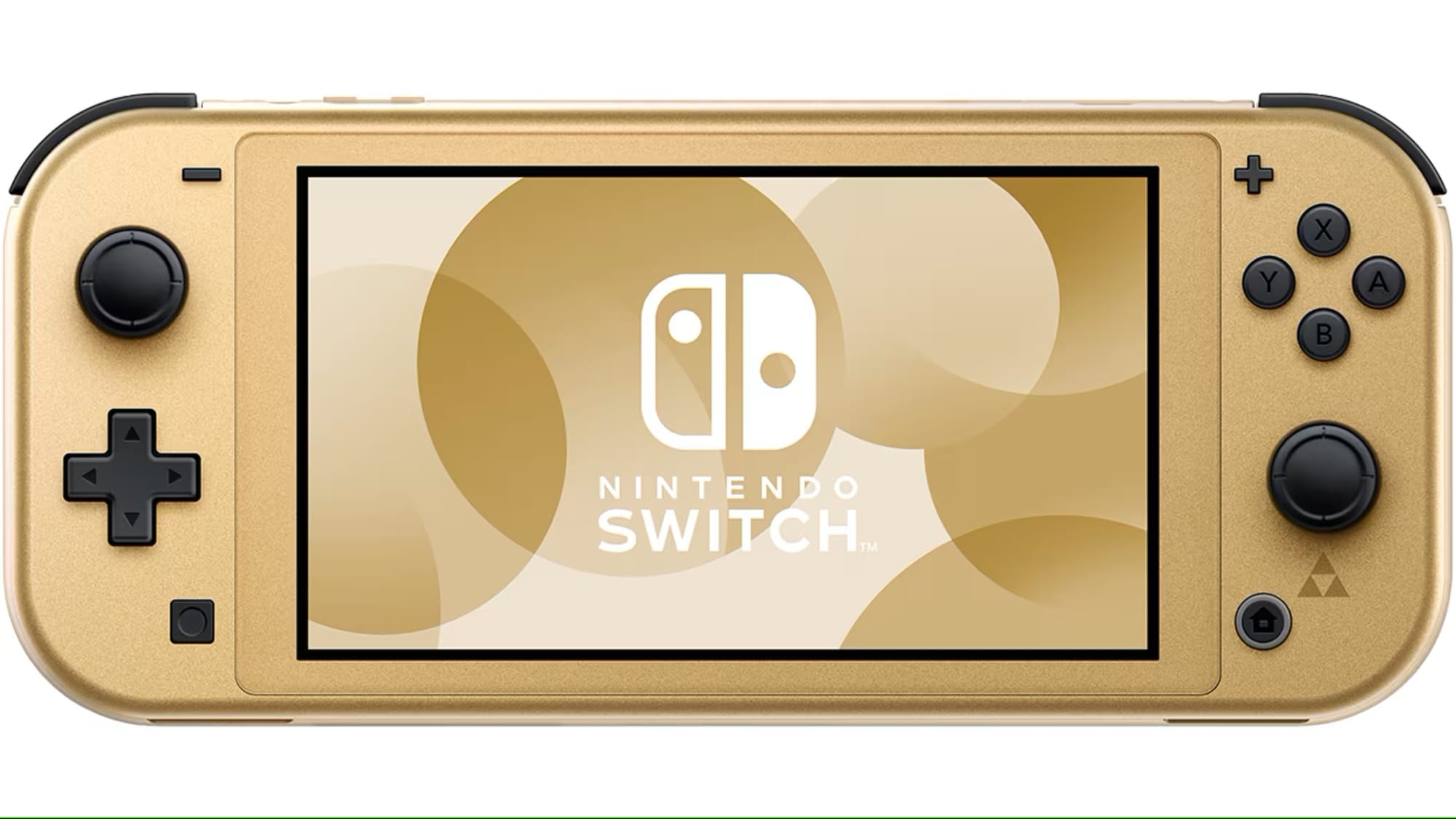
Nintendo
Like many of its peers, Nintendo slipped a little last year, with the conformant rate of its smelter and refiner supply chain dropping from 99% to 95%.
Happily, this year the company rebounded with 256 of the 257 smelters and refiners in its chain having passed a conflict-free audit, good enough for a 100% conformant rate since we're rounding the figures.
It has also continued to do business with partners in the DRC and neighboring countries, which is a good sign. Before 2022, Nintendo had embraced a policy of not sourcing minerals from conflict-affected and high risk areas, which helped ensure it wasn't funding human rights abuses in those regions, but actually ran against international guidance because in many such places, the mineral trade is the best opportunity to build the local economy and grow political stability that could help end the violence.

Amazon
Amazon has been saying the exact same thing about its conflict minerals sourcing since it started filing in 2014: "A majority" of its suppliers confirmed that their supply chains were clean, and the rest were investigating their supply chains.
(Never mind that Amazon has well over 1,000 suppliers and that majority includes all of those who don't even use 3TGs in the products Amazon gets from them.)
That's literally all the insight we get into the Amazon supply chain from its Dodd-Frank disclosure each year.
It never gives any indication as to how large that majority of suppliers is, nor whether that majority is getting larger or smaller from year-to-year.
Amazon is unique among the companies I have looked at in making zero demonstrable progress on ethical sourcing of conflict minerals in the past decade, and its woefully inadequate disclosure shows an open contempt for the law and the people it was meant to protect.

Apple
Apple stands in stark contrast to Amazon, even though it was once in a similar position.
After the iPhone took off, Apple became a target of activists pressuring tech companies over conflict minerals sourcing. But since the Dodd-Frank reporting mandate went into effect, Apple has consistently demonstrated greater control and visibility of its supply chain than almost all of the companies I've looked at.
Apple made it nine straight years of having a 100% conflict-free audit rate for all the smelters and refiners in its supply chain, but as usual, it only achieved that mark by kicking a handful to the curb.
This year it was 14 operations removed from the supply chain, which at least is fewer than the 23 it had to excise last year, and closer to the dozen removed the year before that.
At the very least, I'm encouraged that Apple continues to show far less patience than its peers when it comes to non-compliant partners.

Google/Alphabet
While Apple has now marked nine straight years of a completely audited supply chain, Google came just shy of its seventh straight such year.
In this year's disclosure, Google said it had identified 302 smelters in its supply chain, with all but three of them conformant, actively in the audit process, or confirmed to not be sourcing from the DRC or its neighboring countries.
However, it also showed less interest in the Responsible Minerals Initiative (RMI), an industry group detailing due diligence best practices for ethical minerals sourcing and third-party audit processes.
Two years ago, Google said it was participating in seven RMI advisory and subcommittee groups. Last year that was reduced to "actively participating in the RMI Steering Committee." This year the company merely said it will continue to be a member of the RMI.
However, it did note that it contributed to the RMI upstream due diligence fund and conducted direct outreach as part of the RMI Smelter Engagement Team Working Group.
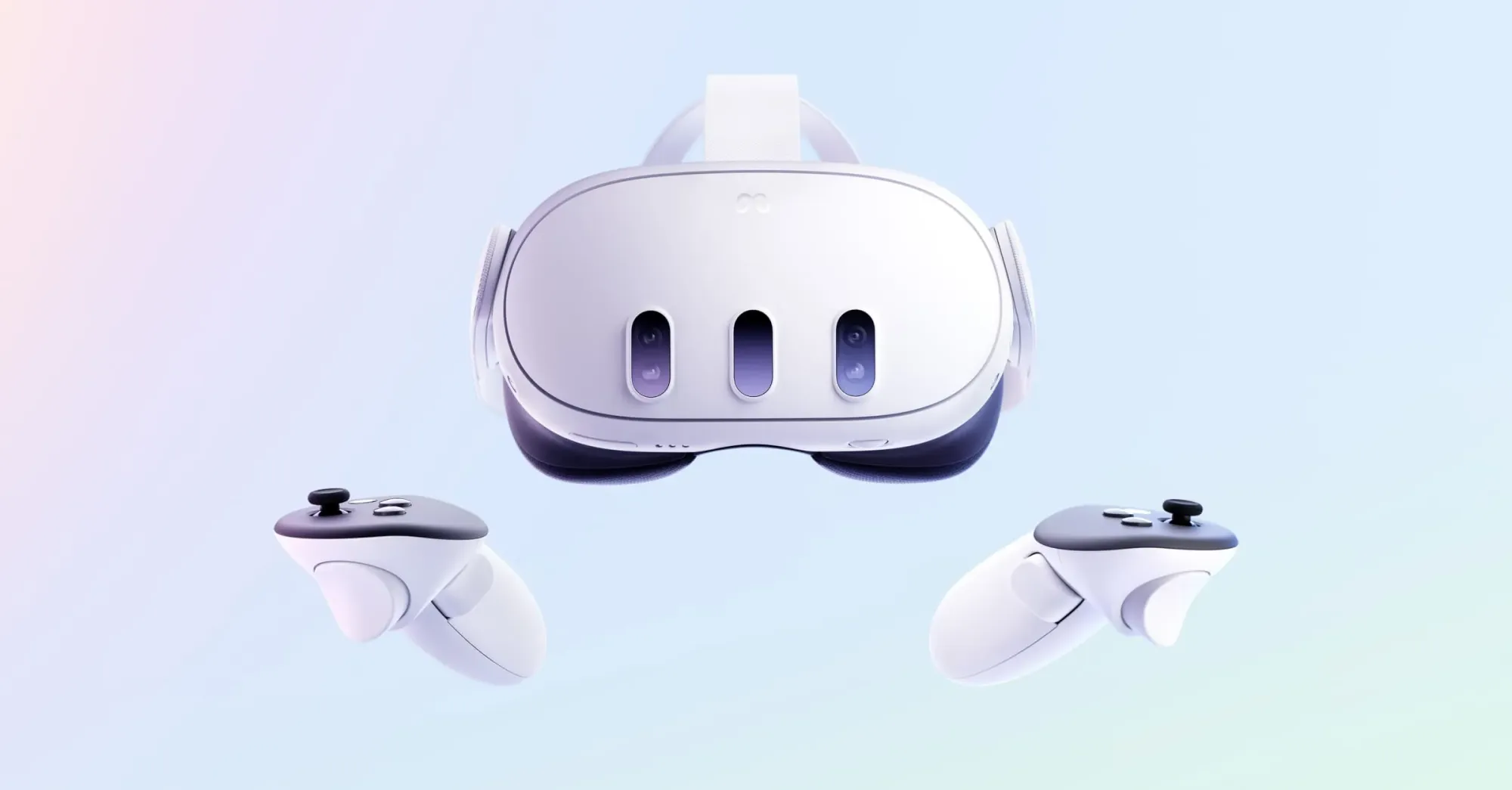
Meta
Meta's narrative arc here is like a less dramatic version of Microsoft's.
Like Microsoft, Meta was up there with Google and Apple a few years ago when it came to supply chain visibility and control, with 99% of its smelters and refiners having passed a third-party audit or in the auditing process.
Like Microsoft, Meta saw that number dip, first sliding to 95%, then to 89% last year.
And like Microsoft, Meta's disclosures this year showed a welcome turnaround on that trend, as the company determined 94% (222 out of 237) of the smelters and refiners that provided its 3TGs for the year had passed an audit or were in the process of doing so.
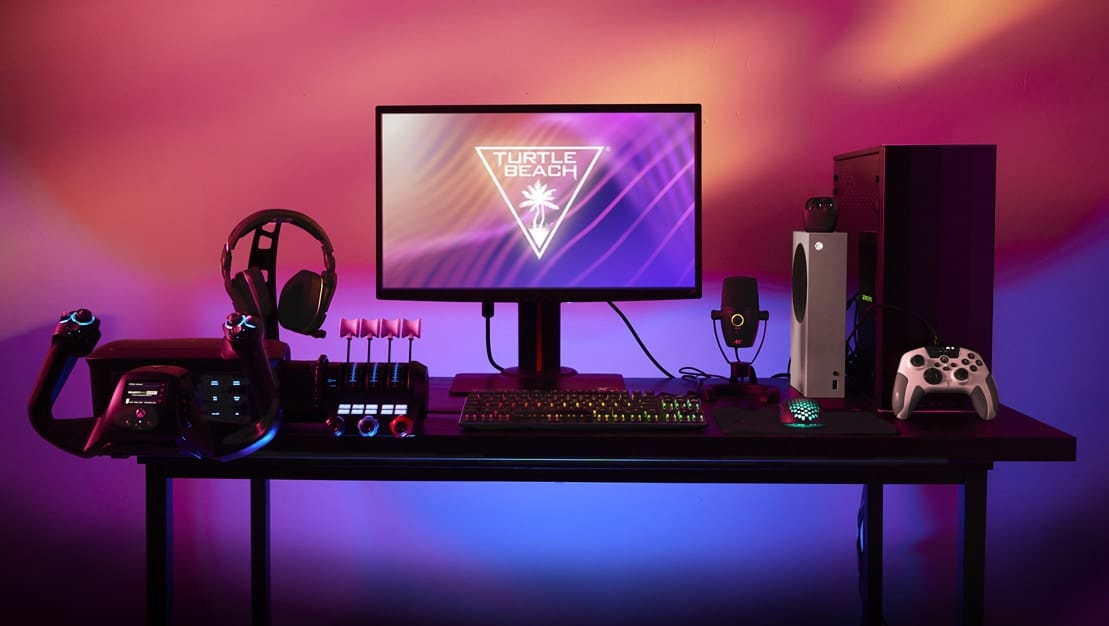
Turtle Beach
The Good: Turtle Beach turned around a downward trend and made modest improvements this year, with 84% of the smelters and refiners in its supply chain validated through third-party auditing programs.
The Bad: Turtle Beach proudly proclaims "all but 42" of its smelters and refiners were good to go. That phrasing isn't as egregious as it was in GameStop's filing last year, considering Turtle Beach identified 263 smelters and refiners in total. But it's still a strange way to minimize the fact that scores of operations in your supply chain are not in compliance with your company policies on ethical sourcing.
The Sloppy: Turtle Beach's SEC filing says its new Conflict Minerals Report is available at a link on its corporate governance website. If you follow that link, the report actually hosted on the site is the one from two years ago.
This isn't the first time we've seen that kind of inattention to detail when it comes to conflict minerals reporting. In 2019, Nintendo released its annual supply chain report with many of the previous year's numbers unchanged.

Logitech
Last year, Logitech was the only company to show any improvement on its supply chain controls, raising the conformant rate of its smelters and refiners from 92.5% to 96.3%.
This year it was ever-so-slightly better as well, with 98.3% of its 234 smelters and refiners having passed an audit. In both cases, the remaining handful of operations were either actively in the auditing process or confirmed by third-parties to not be sourcing from the countries covered by Dodd-Frank.
The company's responsible sourcing policy also extends beyond 3TGs to cover cobalt and mica.
Logitech identified 47 cobalt refineries in its supply chain, with all but one of them active in third-party assessments, and the remaining refiner having committed to beginning such an assessment this year.
As for mica, Logitech identified four mica processors in its supply chain, all of which meet the company's responsible sourcing requirements.
Ok, that's it for this year. Hopefully we see an even stronger push for improvement from these companies next year. Perhaps Amazon will even do more than run the same filing again with a search-and-replace on the year in question! (I'm not getting my hopes up.)
If you appreciated this piece, please consider signing up for the Unlosing Writer newsletter.
It's free to subscribe, but you can also help ensure that reporting like this doesn't get stuck behind a paywall by chipping in a few bucks a month as well.
And if that's not possible, I still greatly appreciate people getting the word out about the site and sharing links wherever they can.